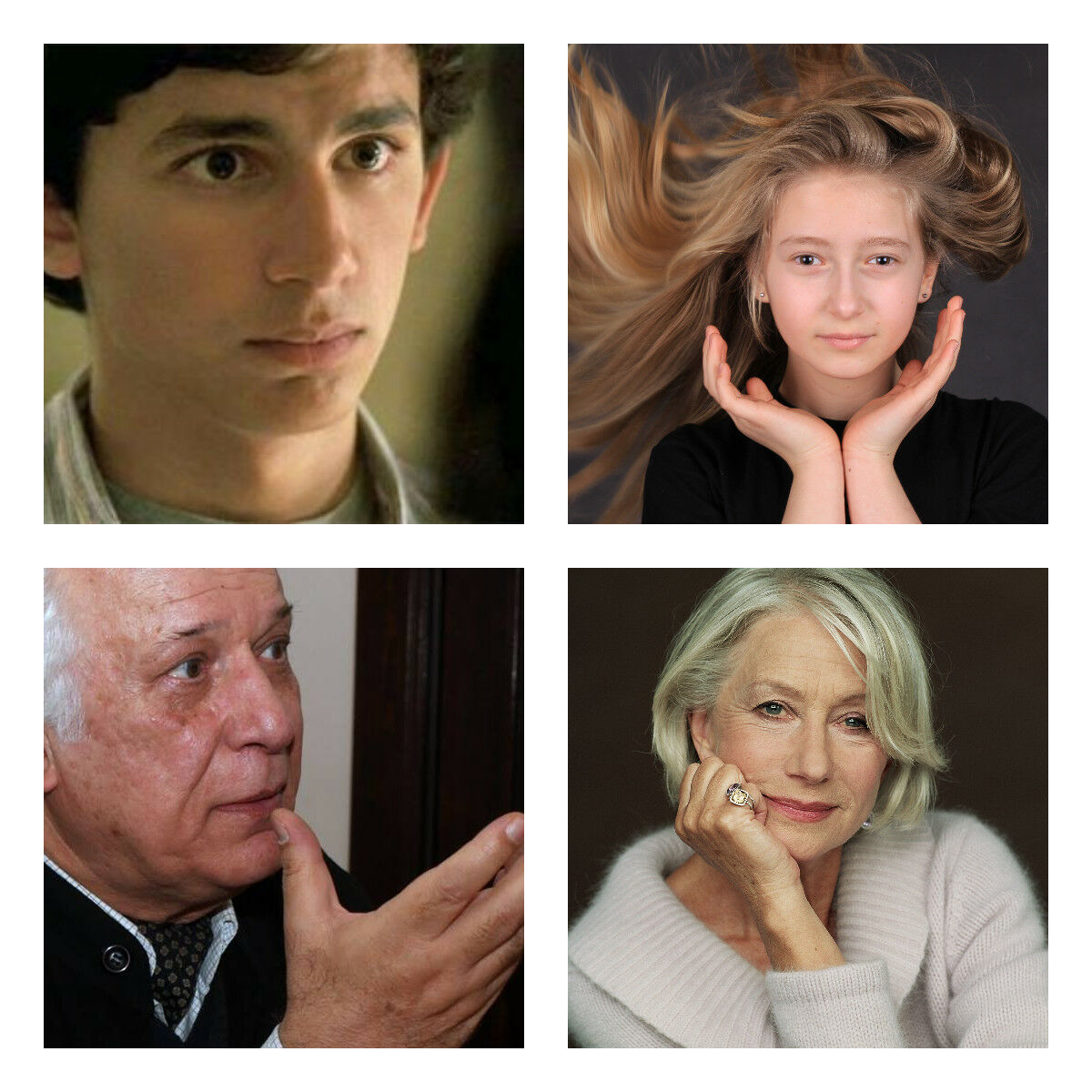THE STAGE 32 LOGLINES
Post your loglines. Get and give feedback.

WINTER TRAIN
By Dorota Latour
Logline:
In our youth, we live with love. And we do everything possible to get it. When we age, we live by memories of love. It is possible that we will never have her again, but the mere desire makes that life feels good
SYNOPSIS:
A story of unrequited love with historical drama in the background
The background of the film is the story of Polish refugees from Soviet Russia, mainly orphans, who thanks to General Anders' determination were evacuated from soviet camps to the Middle East in 1942. Along with the Polish army and civilians (together nearly 150,000 people), over 20,000 children left the USSR at that time. They were transported by ships through the Caspian Sea, deported to port of Pahlavi in Persia (today:Iran). Thus, civilian refugees found their way to Tehran, but a huge number of newcomers forced the authorities to transfer their partly to Isfahan and Ahwaz. From Persia, young Poles have been sent for emigration all over the world: to India, Mexico, New Zealand, and to refugee camps in Africa. After Teheran conference there were no more possible for them to come back to Poland.
The idea of the film emerged in 2007, when its screenwriter - theater and film director - Dorota Latour realized for TVP POLONIA the film "Persian Requiem" about the Iranian director who, as the first documentary filmmaker Khosrow Sinai, in the mid-1970s told the story of Polish refugees in Iran . At that time Sinai also visited Polish children in Wellington, New Zealand. These scenes are one of the most moving film images. The documentary by Khosrow Sinai is entitled "The Lost Requiem".
In our narrative film story is about the dramatic time of maturation and the first love of an Iranian boy and a Polish girl. It reveals in the stream of memories of both characters and in the long conversation that the Elder (Persian) and the Passenger (a Pole from New Zealand) carry on in a train compartment.


Rated this logline